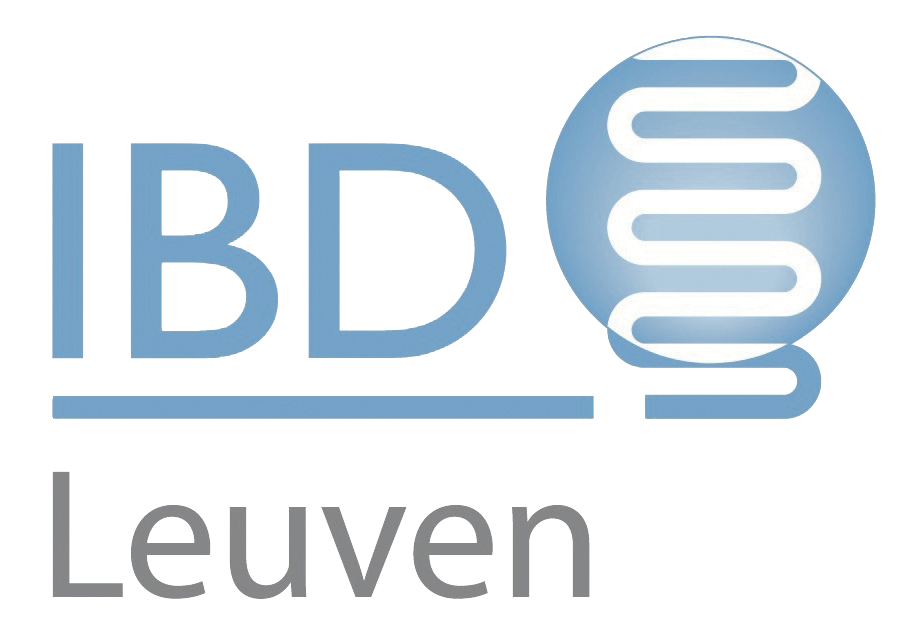Research
Immunology
Recent advances in IBD genetics have led to the discovery of possible underlying disease pathways such as autophagy, the unfolded protein response (UPR), bacterial recognition and inflammasome signaling. However, until now it remains unclear how genetic variation in these pathways may translate into phenotypical/functional effects. We want to elucidate the effect of genetic variation in these selected pathways starting from IBD patient derived intestinal epithelial cells of which the genetic background has been characterized. Our functional ex vivo approach will allow us to characterize and subdivide patients according to which of these pathways is the most perturbed and thus might be the main disease driving factor in a certain patient. This research will be a first step toward personalized management of IBD which we believe will become the way to go in the future.
Accumulating data indicate that matrix metalloproteinases (MMPs), a family of Zn2+-dependent extracellular matrix (ECM) endopeptidases, are predominant proteases involved in the pathogenesis of IBD. In response to inflammatory stimuli, MMPs are secreted by a wide variety of cell types and are able to cleave ECM and non-ECM components. The activity of MMPs is tightly regulated by specific tissue inhibitors of metalloproteinases (TIMPs). A critical balance exists between MMPs and TIMPs and this balance has been shown to be disturbed in IBD. As a result, the normal wound healing and tissue remodeling processes are dysregulated which leads to chronic inflammation. In this project we want to further investigate the role of MMPs in IBD by (i) expanding the current information about MMP/TIMP expression in blood and biopsies of IBD patients and in animal models (ii) searching for new biomarkers that can assess/predict disease activity and/or response to treatment (iii) investigating whether the identified markers can also be used as a therapeutic target.
Intestinal fibrosis is a common complication in IBD and can occur in both CD and UC patients. For long, research has focused on the adaptive immunity. However, more recently the focus has shifted to the innate immunity. In that context the involvement of the long-neglected cell type, the eosinophils, and a newly identified innate immune population i.e. the innate lymphoid cells became interesting to study in the pathogenesis of IBD. In order to identify the role of these cell types in the development of intestinal fibrosis and inflammation, we are performing studies in both murine colitis models as using human derived specimen.

